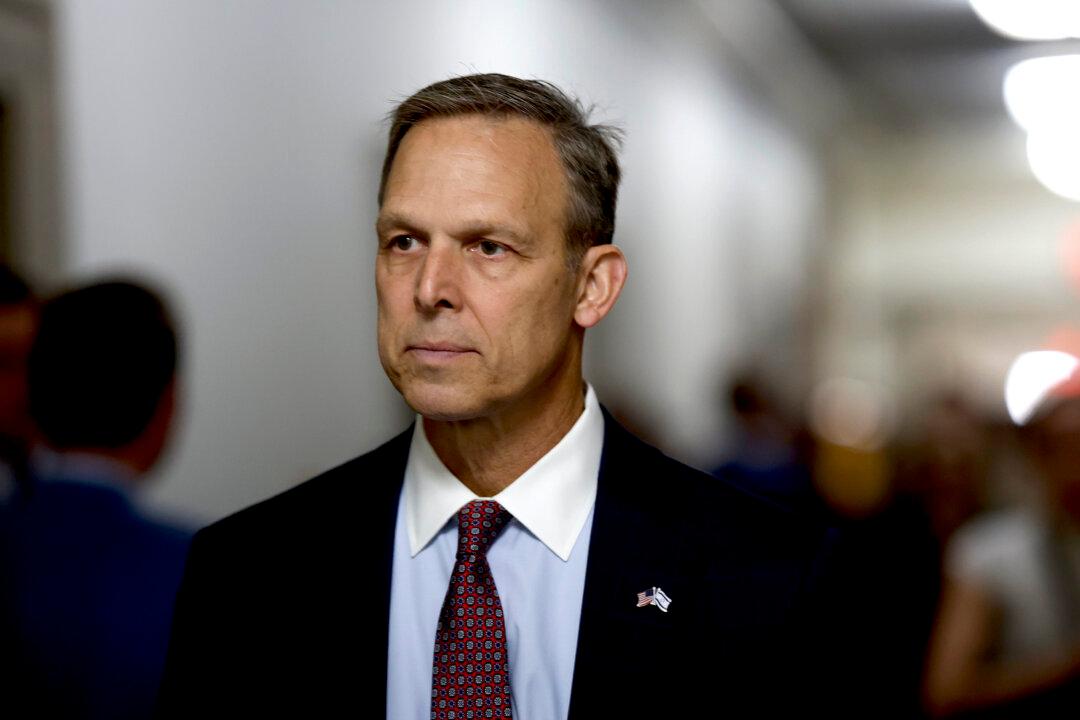A federal court has ruled that Rep. Scott Perry (R-Pa.) must turn over more than 1,600 emails, text messages, and other communications that federal investigators believe may shed light on efforts to challenge the 2020 election results and the breach of the U.S. Capitol on Jan. 6, 2021.
In the summer of 2022, federal investigators seized some 2,055 communications records from Mr. Perry’s phone. The Republican lawmaker challenged the records seizure and asserted those records were his privileged records under the U.S. Constitution’s speech or debate clause.





